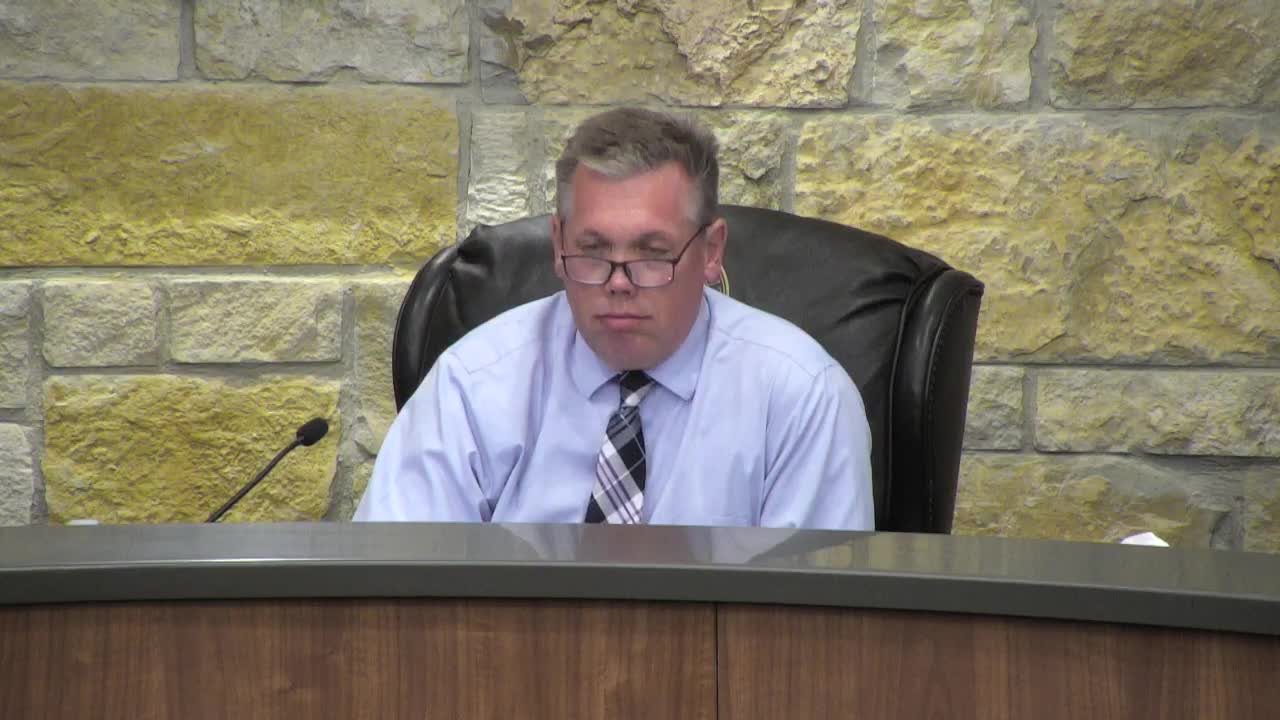External audit finds inconsistent comp‑time and remote‑work practices; recommends policy clarification and training
Get AI-powered insights, summaries, and transcripts
Subscribe
Summary
An external audit of Hutto’s HR policies found inconsistent practices in compensatory time, remote work and flexible schedules and recommended clearer policy language and standardized training.
The city’s contracted HR auditor presented findings Nov. 6 after a council request in August to review compensatory time for exempt employees, paid‑time off policies, and remote/flexible work practices. The consultant, Sarah Glasser of Lloyd Gosling, said the audit covered policies, standard operating procedures and interviews with directors and employees from five selected departments.
Glasser summarized that the city’s written policies allow a range of flexible schedules and permit compensatory time for exempt employees as a benefit, but implementation varies across departments. "The comp time policy contemplates that all time that the employee works would be tracked... almost unanimously people said they don't report all of the time that they work," she said, describing a common practice where employees log exceptions for specific events but not routine, extra hours.
The audit found three persistent issues: inconsistent front‑end approvals and back‑end reporting of compensatory time across departments; ambiguity in the policy language about what kinds of extra work qualify for comp time (the auditor said the policy lists examples that could be read broadly); and confusion among staff and supervisors about in‑office availability and how to show remote‑work status. Glasser recommended clarifying the compensatory‑time eligibility standard so it targets "special projects or special events and not just work when somebody is very busy," training directors and employees on consistent approval and reporting processes, and adopting small practical tools to improve in‑office availability signals.
City manager James (on the record during discussion) and department directors described tradeoffs between flexibility (used to recruit and retain staff) and the public expectation of visible in‑office presence; managers told the auditor they must be able to document exceptions when salaried employees are not physically present during usual business hours. Council members emphasized the optics of in‑office presence and fairness across job types, noting public‑facing roles (library, public works) cannot be performed remotely.
Why it matters: The audit addresses payroll, time‑recording, fairness and transparency concerns that can affect employee morale and public trust. The city’s compensatory‑time policy is lawful but needs clearer definitions and standardized procedures to reduce ambiguity and perceived inconsistency.
What comes next: Auditor recommended staff update policy language, standardize department SOPs to meet the city’s overarching remote‑work policy, and conduct training for directors and employees. Council members asked staff to bring back clarifying language and implementation steps so the city can demonstrate consistent and auditable record‑keeping practices.
All quotes in this article come from the meeting transcript and reflect staff and auditor comments recorded during the Nov. 6 meeting.
